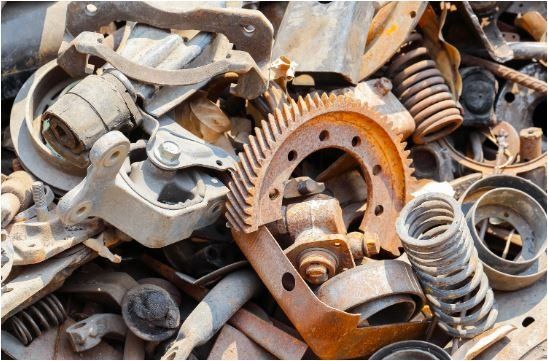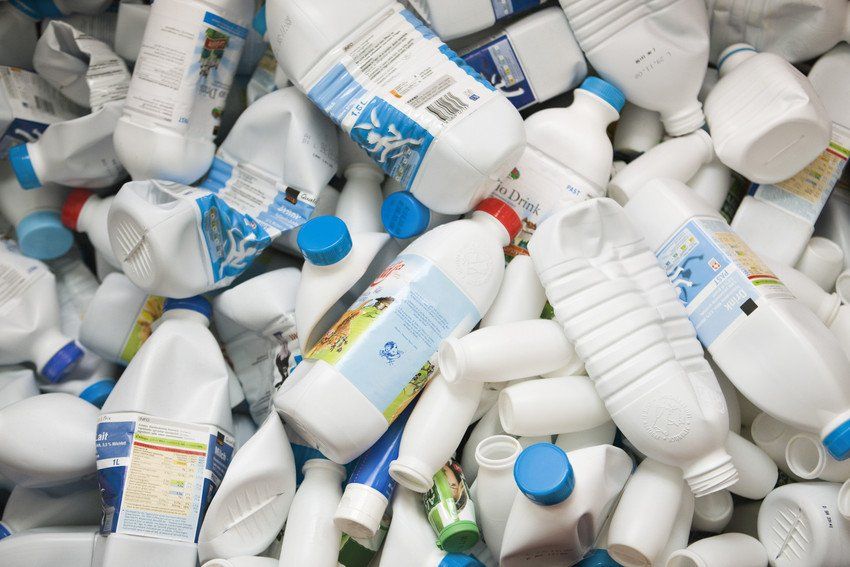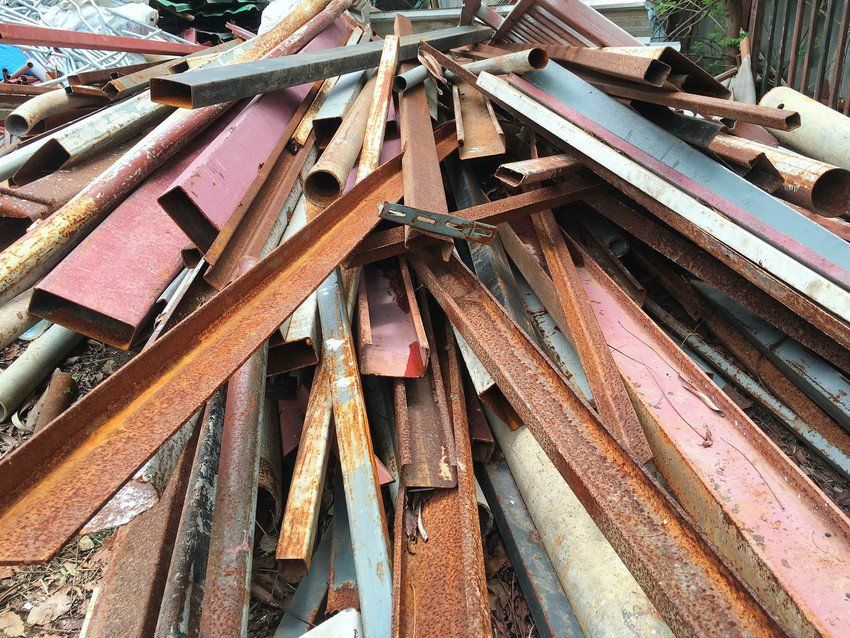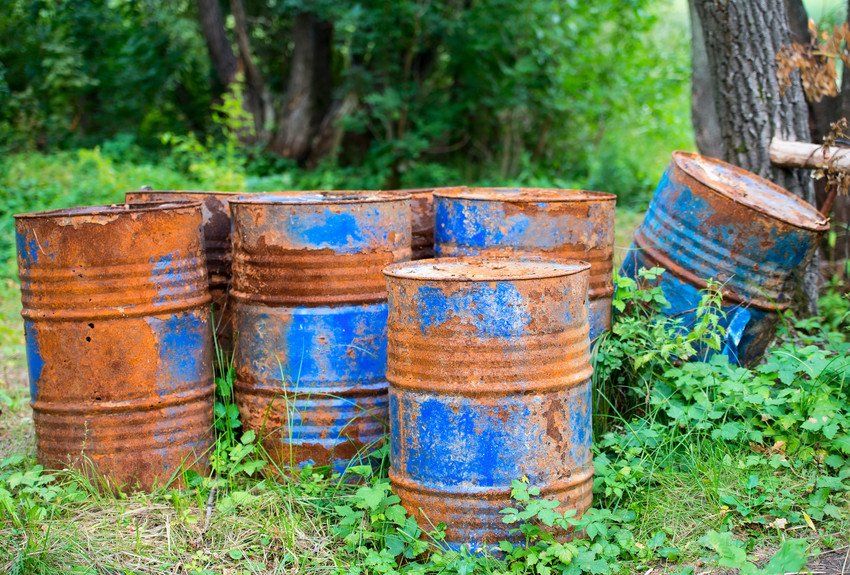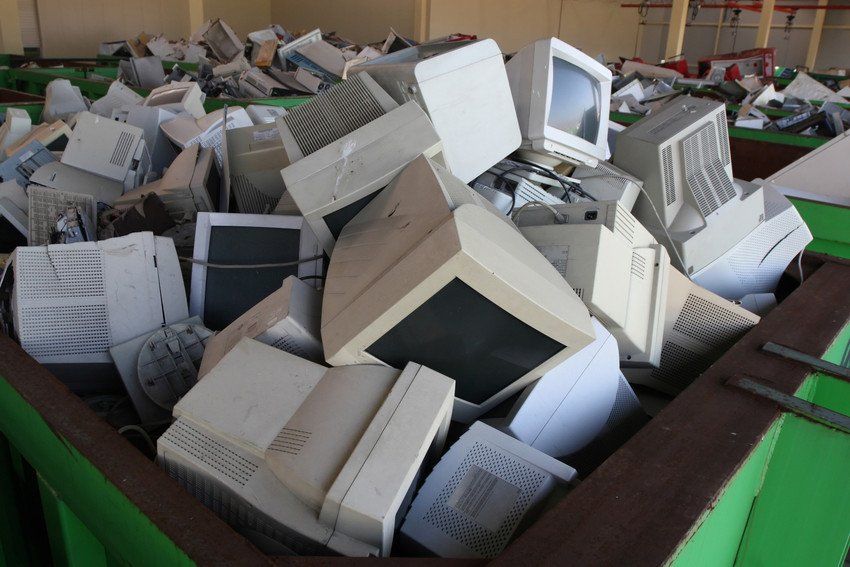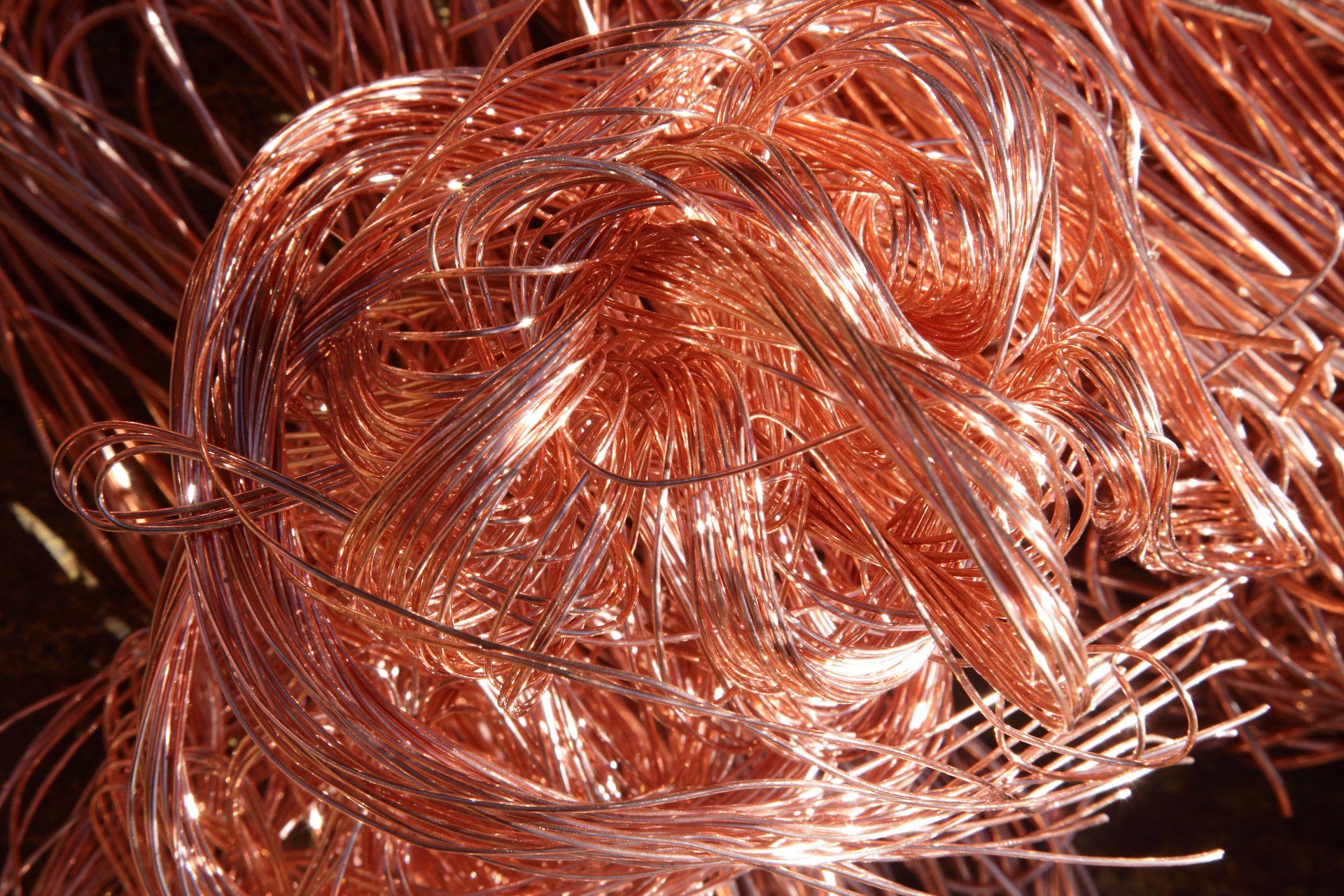The Importance of Commercial Scrap Metal Recycling
In the 21st Century, the importance of recycling has never been more profound. With a firm focus on a more sustainable future, reducing the number of virgin materials we source could have a lasting positive impact on the health of our planet. Although more prominent than it’s ever been, it’s still reckoned that no more than 30% of scrap metal is recycled across all industries across the world, which is ultimately having a devastating impact on our natural resources, the environment and the wildlife that surrounds it. In this article, we aim to clarify the key benefits of commercial scrap metal recycling, highlighting the importance of the role it plays in the preservation of our collective home.
What Is Commercial Scrap Metal Recycling?
Through a complex process, recycling used metals can have a significant positive impact on the environment, helping to reduce the waste that is unnecessarily sent to landfills, thus reducing the risk of contamination seeping into the soil or groundwater. Due to metal’s unique ability to be recycled time and time again, without degradation due to its natural strength and properties, scrap metal is now being regularly recycled in a number of projects to help improve sustainability, reducing the increased cost of sourcing virgin materials.
The Procedure
The process of recycling scrap metal is time-consuming and thorough, requiring a multi-step process in order to reclaim the valuable metal from the scrap materials. Once the metal is collected, it is then sent to a recycling centre, and separated into types, such as aluminium, copper, steel and brass. Once separated, the material is processed, shredded and melted, before later being solidified once more.
Let’s take a closer look at some of the main metals now recycled in today’s market:
Copper
A key conductor of electricity, copper can help to save energy in the process of recycling without losing its thermal power conductive abilities. In fact, copper can be easily recycled and recovered, without impacting upon its power conductivity, retaining 100% of its original specification. Copper is categorised, crushed, shredded and melted, before later being cooled and fabricated into smooth sheets that form the basis of the fresh material.
Aluminium
The recycling of aluminium is extremely commonplace, due to the low power required in the process, thus rendering it surprisingly energy-efficient. Studies have shown that aluminium requires up to 97% less energy than its counterparts, such as steel or copper, and thanks to its alloyed nature, it can even be stripped and separated to source other metals, like zinc, magnesium, silicon or iron.
Steel
Arguably the most complicated process found in metal recycling, the steel recycling process can noticeably differ from many other metal types. This is due to the strong market value placed on steel thanks to its use in an endless number of projects, from industrial skyscrapers to everyday kitchen utensils. Scrap steel is split into three key categories depending on the source; Home Scrap, Industrial Scrap or Obsolete Scrap, before being melted down in a furnace, then later purified and solidified into sheets for shipping.
The Benefits of Scrap Metal Recycling
There are several benefits to consider when thinking of scrap metal recycling, from the reduction of waste to the protection of our natural resources, scrap metal recycling has never been more important. Here, we take a closer look at just some of the key benefits of scrap metal recycling:
Reduce Waste
Incredibly slow to biodegrade, it’s vitally important that metals don’t reach landfills, in order to reduce the overall landfill capacity and greenhouse emissions generated. Remember, recycling metals appropriately will help to significantly reduce waste, ultimately protecting the future of our planet. In similar terms, recycling metals reduces the energy wasted on creating virgin materials, which typically require extensive, (and expensive), mining, processing, shaping and treating, before being ready for commercial or domestic use.
Protect Natural Resources
As suggested, sourcing virgin materials requires extensive mining and processing, which in turn, uses up a large number of our natural resources. Mining for these metals is an extensive and disruptive process, potentially having a debilitating impact upon the local environment and wildlife which generally results in both a costly and inefficient method of sourcing materials. In contrast, when using recycled metals in construction, no new materials will need to be sourced, therefore protecting and preserving our natural resources.
Eco-Friendly
Due to metals' unique ability to be recycled time and time again, scrap metal recycling is far more eco-friendly than initially recognised. In fact, most metals can be recycled endlessly without any noticeable degradation in the overall quality of the product. This is arguably not the case when it comes to aluminium, due to its varying properties, but generally speaking, most metals can be recycled repeatedly, ensuring metal is redirected from landfills as frequently as possible.
Economy
Due to the complex processes and manpower required in scrap metal recycling, it can have a major impact on the economy, with increased job creation and local investment required for both the construction and operation of recycling plants in the area. With major investment in large scale recycling plants that require high levels of staffing, recycling plants create job opportunities, and in turn, play a key role in supporting economic growth.
The Uses
Once separated and processed, recycled metals are melted and purified, before being solidified into large sheets or bars for transport. Once this has occurred, the new material can be used across a wide range of industries for a multitude of unique purposes. Below, we analyse just some of the key industries that recycled scrap metal can be found, and what functions they will typically carry out once processed.
Construction
Recycled scrap metal is commonplace in both commercial and residential construction, typically used in beams, roofing, ductwork, plumbing and windows.
Transportation
Transportation vehicles such as cars, motorcycles, aircraft, ships, train tracks and bridges all regularly use recycled scrap metal in their construction to help reduce the cost and environmental impact of sourcing virgin materials.
Manufacturing
Recycled scrap metal is used in the manufacturing of consumer items, such as kitchen appliances, gardening equipment and tools. Equally, scrap metal can be found in industrial sectors, with many shipping containers utilising recycled materials in their construction.
Packaging
Aluminium cans used in the containment of food and beverages are the most widely recycled metal in the industry, due to the immense energy saved in recycling compared with sourcing fresh materials. In fact, it’s generally accepted that up to 95% of the energy required in sourcing virgin materials is saved when recycling aluminium. As an added incentive, aluminium can be recycled quickly, completing the journey from your kitchen cupboard to the recycling bin and back again within a couple of months.
Home Furnishing
Take a quick look around your house today and you’ll find a surprising amount of items made from recycled metals. Many indoor and outdoor home furnishings, such as tables, lamps, chairs and lighting fixtures all utilise recycled scrap metal in their construction, whilst metalworks such as office supplies, (i.e staplers or hole punchers), or file cabinets will typically use this method too.
Broughshire Waste Metals - Experts in Recycling All Ferrous & Non-Ferrous Scrap Metal
Here at Broughshire Waste Materials, we’re an environmentally friendly, professional and efficient waste management company that is here to help you with all your recycling needs, offering high-quality services to go along with our excellent customer services.
We pride ourselves on our excellent customer service and
competitive scrap metal prices. Our goal is to make it easy for our customers to get paid for their scrap metal once they’ve dropped it to our scrap metal yard. No matter how much scrap you have, we can work with you to ensure you get paid quickly and easily.
Contact our expert team today.
